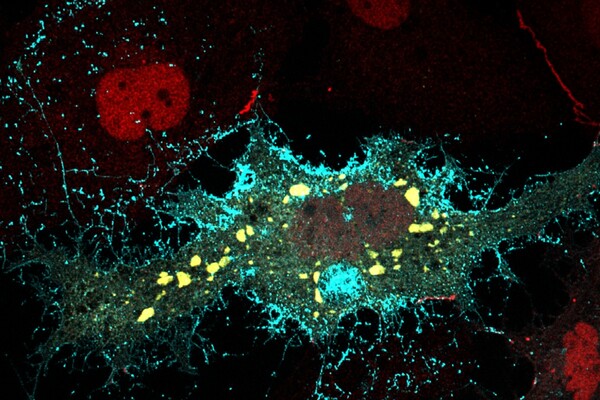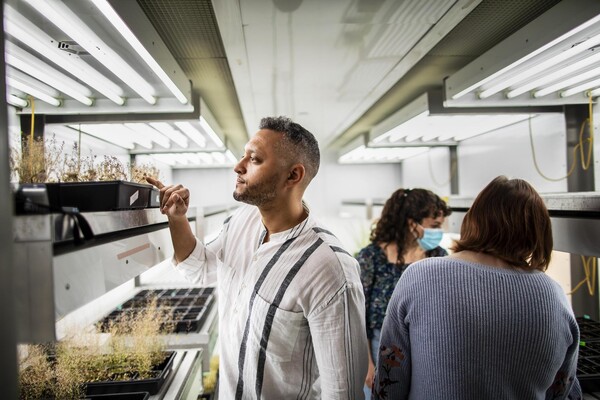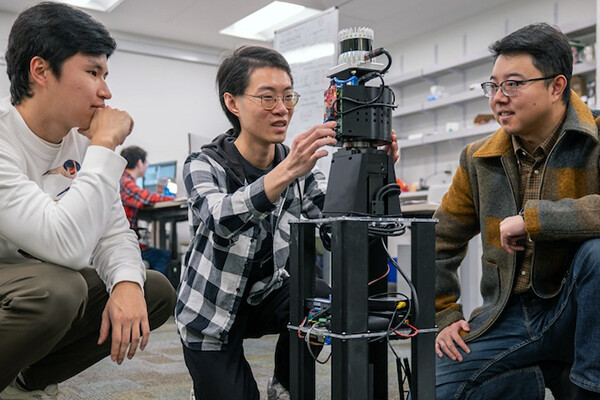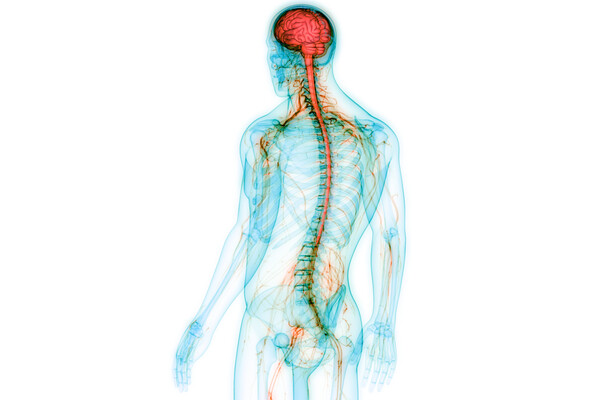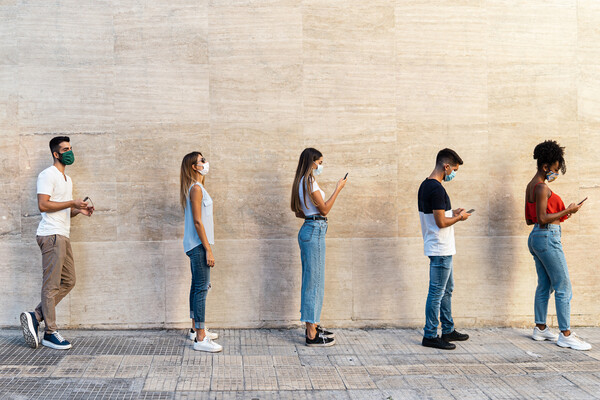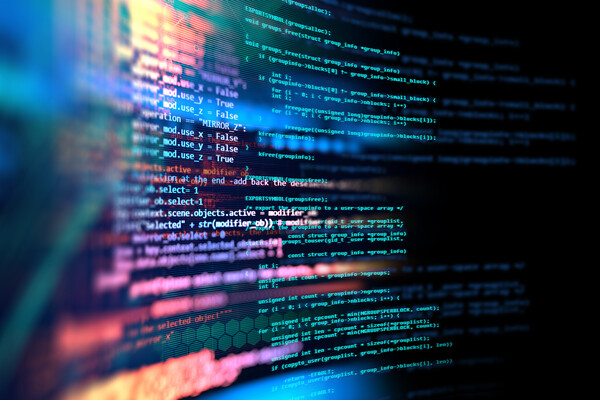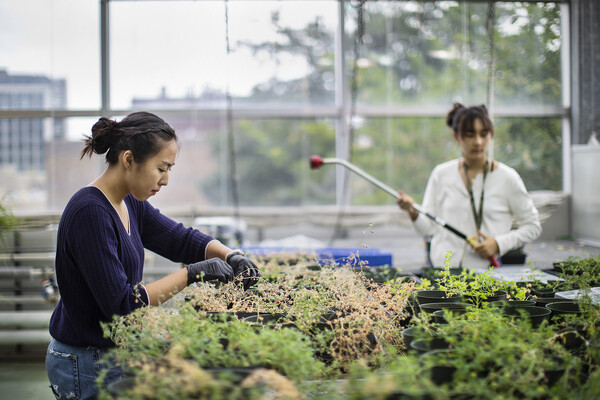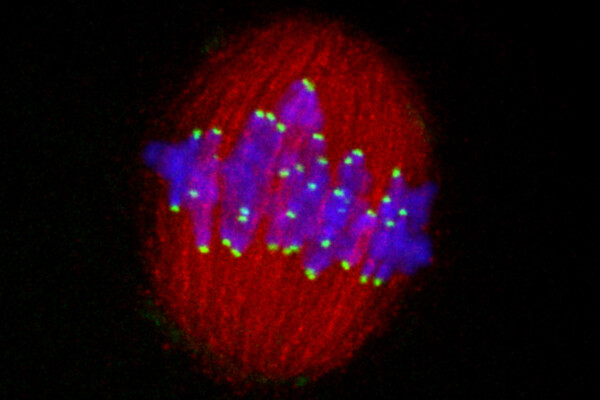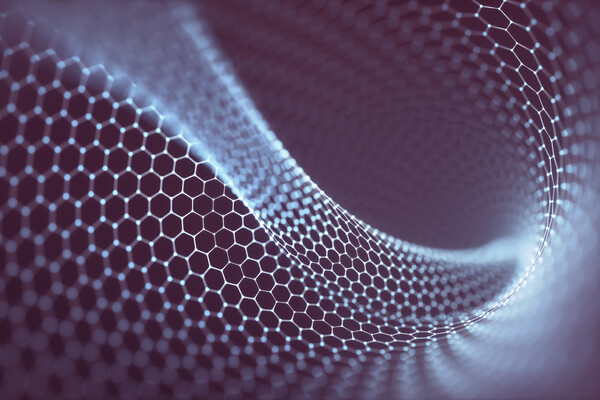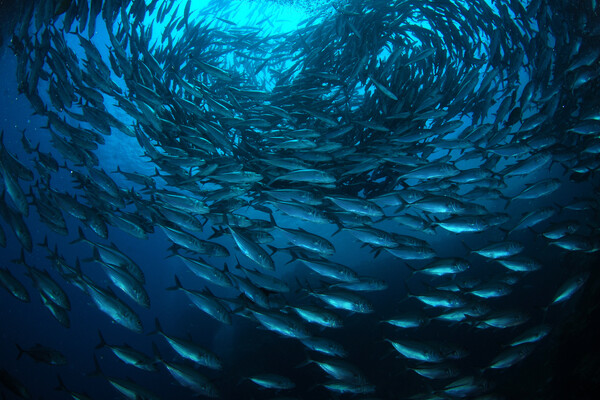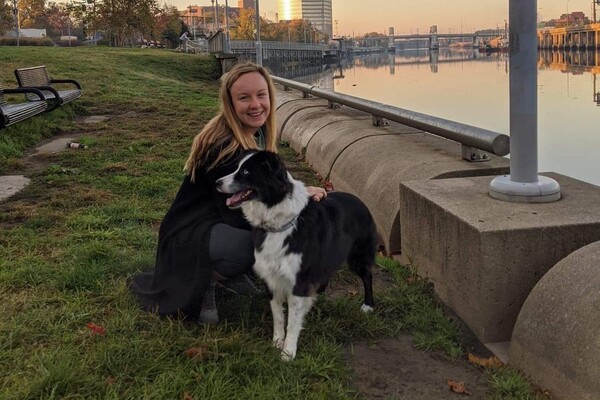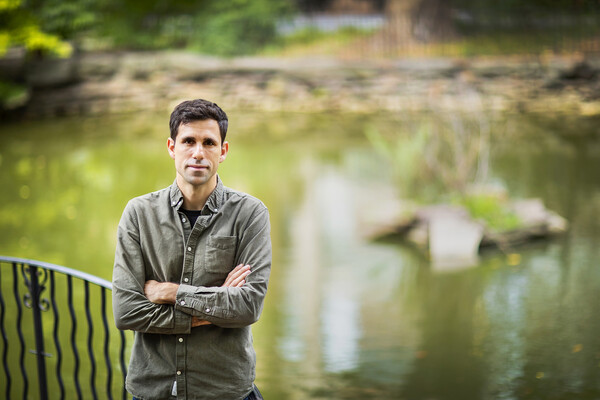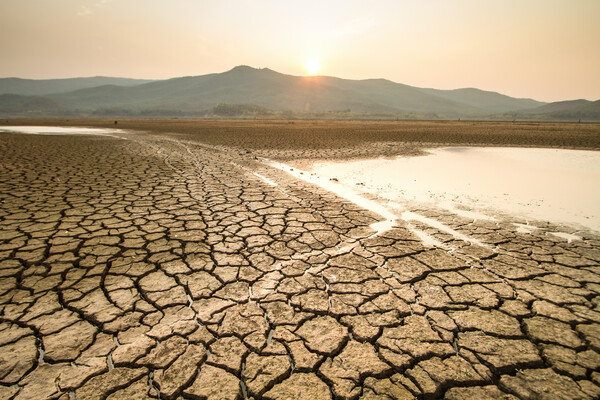11/15
Science & Technology
Nerve repair, with help from stem cells
School of Dental Medicine and Perelman School of Medicine researchers teamed up to create a novel approach to surgically repairing injured peripheral nerves that relies on the versatility of gingiva-derived mesenchymal stem cells.
What do variants and vaccines mean for COVID-19’s ‘new normal’?
The first of this fall’s Perry World House ‘The World Today’ series featured a conversation on the future of the pandemic with experts in vaccines, viruses, and public health.
Xunjing Wu on a mid-career switch to computer science
Penn’s Online Master of Computer and Information Technology degree allows professionals like Wu the opportunity to switch careers without restarting their education from the beginning.
Interact, adapt, repeat: A summer studying coevolution
Sophomores Linda Wu and Nova Meng spent the summer studying coevolution among plants, mutualistic bacteria, and parasitic nematodes in Corlett Wood’s biology lab.
Evolutionary ‘arms race’ may help keep cell division honest
Research from the lab of Michael Lampson in the School of Arts & Sciences suggests that certain proteins may have evolved to reduce the likelihood of chromosomes “cheating” to bias their chance of winding up in an egg during the cell-division process meiosis.
Atomically-thin, twisted graphene has unique properties
Researchers describe how electrons move through two-dimensional layered graphene, findings that could lead to advances in the design of future quantum computing platforms.
How schools of ‘microswimmers’ can increase their cargo capacity
Penn researchers describe how groups of microscopic, self-propelled droplets can transport more material through narrow channels using a process called collective hydrodynamic entrainment.
Forging healthy bonds with canine companions
School of Veterinary Medicine postdoc Lauren Powell’s research illuminates how the personalities of both dogs and their owners influence the pairs’ ability to overcome behavioral challenges.
Engineers create faster and cheaper COVID-19 testing with pencil lead
A new electrochemical COVID-19 test addresses the challenges of cost, time, and accuracy and uses electrodes made from graphite.
Four things to know about the latest IPCC climate report
The assessment describes ‘unequivocal’ human influence that no doubt caused ‘widespread and rapid changes’ to the atmosphere, oceans, and more. Professors Mark Alan Hughes and Michael Weisberg discuss the findings, plus how we can avoid passing the point of no return.
In the News
Grumpy voters want better stories. Not statistics
In a Q&A, PIK Professor Duncan Watts says that U.S. voters ignored Democratic policy in favor of Republican storytelling.
FULL STORY →
Climate policy under a second Trump presidency
Michael Mann of the School of Arts & Sciences discusses how much a president can do or undo when it comes to environmental policy.
FULL STORY →
Superhuman vision lets robots see through walls, smoke with new LiDAR-like eyes
Mingmin Zhao of the School of Engineering and Applied Science and colleagues are using radio signals to allow robots to “see” beyond traditional sensor limits.
FULL STORY →
A sneak peek inside Penn Engineering’s new $137.5M mass timber building
Amy Gutmann Hall aims to be Philadelphia’s next big hub for AI and innovation while setting a new standard for architectural sustainability.
FULL STORY →
Exxon CEO wants Trump to stay in Paris climate accord
Michael Mann of the School of Arts & Sciences voices his concern about the possibility that the U.S. could become a petrostate.
FULL STORY →
Amid Earth’s heat records, scientists report another bump upward in annual carbon emissions
Michael Mann of the School of Arts & Sciences says that total carbon emissions including fossil fuel pollution and land use changes such as deforestation are basically flat because land emissions are declining.
FULL STORY →
How can we remove carbon from the air? Here are a few ideas
Jennifer Wilcox of the School of Engineering and Applied Science and Kleinman Center for Energy Policy at the Weitzman School of Design says that the carbon-removal potential of forestation can’t always be reliably measured in terms of how much removal and for how long.
FULL STORY →
California air regulators approve changes to climate program that could raise gas prices
Danny Cullenward of the Kleinman Center for Energy Policy at the Weitzman School of Design says that many things being credited in California’s new climate program don’t help the climate.
FULL STORY →
Self shocks turn crystal to glass at ultralow power density: Study
A collaborative study by researchers from the School of Engineering and Applied Science has shed new light on amorphization, the transition from a crystalline to a glassy state at the nanoscale.
FULL STORY →
U.S. achieves billion-fold power-saving semiconductor tech; could challenge China
A collaborative effort by Ritesh Agarwal of the School of Engineering and Applied Science and colleagues has made phase-change memory more energy efficient and could unlock a future revolution in data storage.
FULL STORY →




